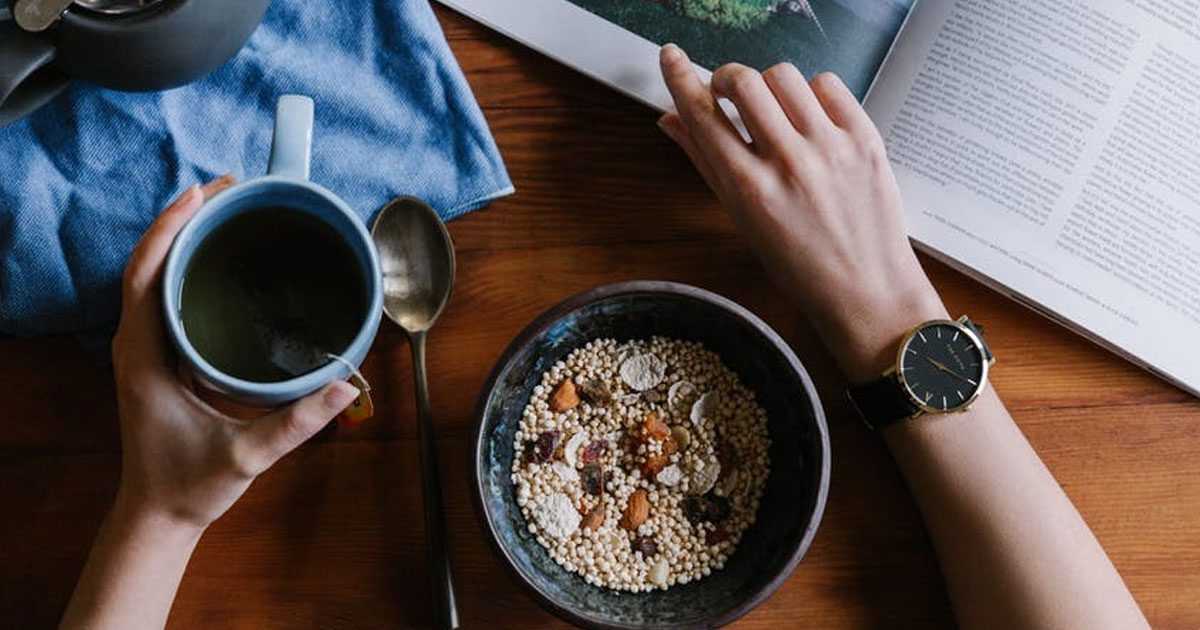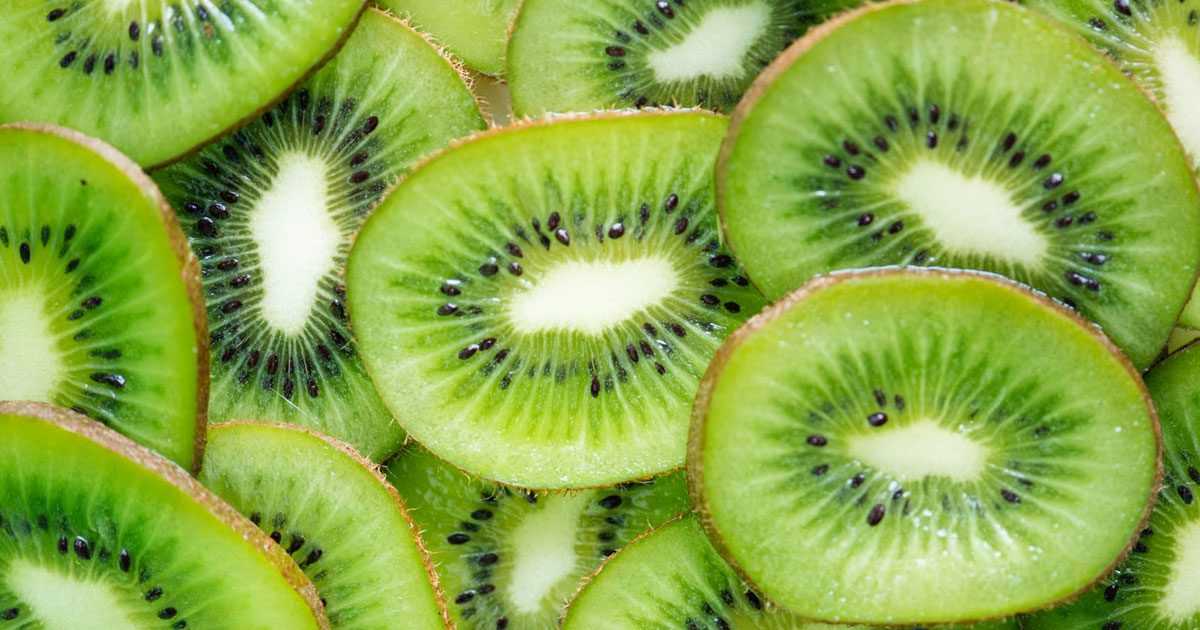The gallbladder is a small, pear-shaped organ found adjacent to the liver. Its function is to store and concentrate bile, a digestive liquid produced by the liver. Bile helps in the breakdown of food, particularly fats. When you consume fat, the gallbladder contracts to release bile into the small intestine to aid digestion.
Cholecystectomy:
It is the surgical removal of gallbladder due to a complication, the most common being the presence of gallstones (cholelithiasis) in the gallbladder. To find and consult with the best surgeons in Karachi, Lahore or other main cities of Pakistan visit Marham.pk.
Usually, gallstones don’t cause any problems. However, sometimes, a stone can block the passage of bile out of the gallbladder. This blockage is called cholecystitis which causes pain (usually in the upper right part of the abdomen), inflammation and sometimes an infection.
Common Complaints after Cholecystectomy:
After a cholecystectomy, a patients usually experiences:
- Indigestion
- Abdominal pain
- Nausea
- Bloating
- Diarrhea


Immediate Diet Changes after Cholecystectomy:
After getting their gallbladder removed, a patient is advised to change their diet plan.
1. Reducing Fat Content:
After the surgery, patients are often suggested to minimize the amount of fat in their diet. In general, it means to restrict fat to less than 30% of calories. For a daily 2,000-calorie diet, this equates to around 74 grams of fat. You can also book an appointment or an online consultation with the best nutritionist in Karachi, Lahore or other main cities of Pakistan via Marham.pk to know more about diet changes after this surgery.
Consuming too much fat immediately after surgery can cause pain and diarrhea. This happens because the liver has to perform extra work in fat digestion. Therefore, it’s best to start with a very low-fat diet, then gradually increase fat intake as the liver gets used to the additional workload.
2. Avoiding a High-protein Diet:
It has been observed that people who eat a diet rich in animal protein (including meat and dairy), eggs and bread-based breakfast foods and low in vegetables are more likely to experience abdominal pain. Whereas, those who eat more vegetables and rice and less animal protein have lesser chances to have these symptoms.


3. Fiber-rich Foods:
The addition amount of fiber-rich meals help to normalize your bowel movements. Fiber should also be slowly increased after surgery.
With an increase in fiber intake, remember to increase your water intake as well. It has been observed that drinking lukewarm water after the operation relieves the bowels.
Also Read: These 4 Foods can Cause Stones in Gall Bladder
This type of diet tends to be lower in calories that helps in losing weight. This is essential because gallstones are more common in patients who are overweight or struggling with metabolic disorders such as diabetes and high blood pressure.
After cholecystectomy, the risk of liver problems, including non-alcoholic fatty liver disease, gets higher. Eating a diet consisting mainly of whole grains, legumes, fish, vegetables and fruits can effectively lower this risk.

